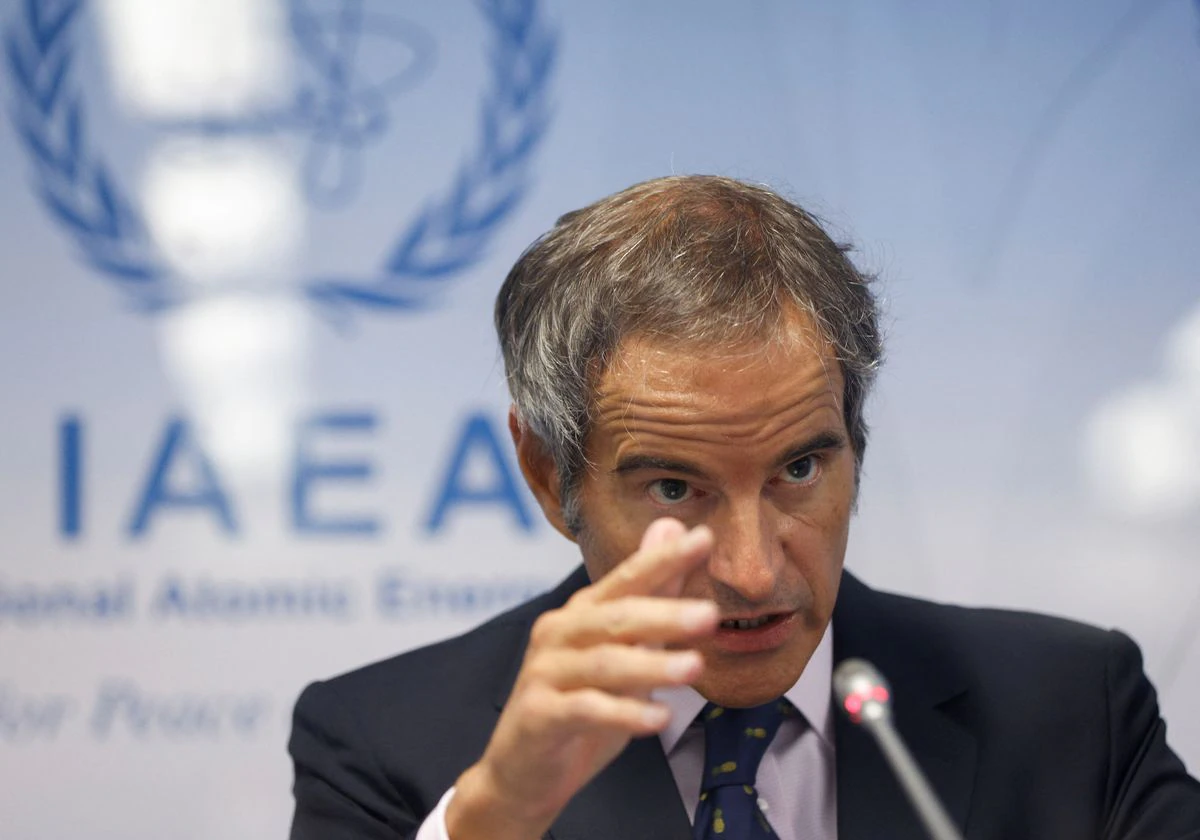
Iran is dragging its feet on information about uranium particles found at old undeclared facilities in the country, according to the chief of the UN’s atomic watchdog, boosting the possibility of a clash in June.
Iran’s nuclear deal with world powers has been on hold since March, owing to Tehran’s demand that Washington remove the Islamic Revolutionary Guard Corps (IRGC), the country’s elite security organisation, from the US Foreign Terrorist Organization (FTO) list.
While not legally part of the nuclear deal, Iran’s demand for the International Atomic Energy Agency’s examination into uranium particles identified at three seemingly old but undeclared sites has caused friction and distrust between Tehran and the West.
Iran may have had nuclear material on such facilities that it did not declare to the agency.
On March 5, Iran and the United Nations’ nuclear watchdog agreed on a three-month plan for a series of talks, following which IAEA chief Rafael Grossi ‘will strive to report his conclusion by the June 2022 (IAEA) Board of Governors’ meeting, which starts on June 6.
However, Western diplomats say there is scant evidence that Tehran has offered the watchdog sufficient answers.
Grossi told the European Parliament that he was still concerned about the situation and had told Iran that he couldn’t imagine the nuclear deal being finalised if the IAEA had serious reservations about things it should have known about.
‘I’m not trying to send the sense that we’ve reached a stalemate, but the situation does not appear to be improving. Iran has not provided us with the type of information we require,’ Grossi gave a webcast to European Parliament committees.
Enrique Mora, the EU’s Iran nuclear talks coordinator, comes in Tehran on Tuesday in what he has described as the final shot to rescue the deal, which includes Russia, China, France, the United Kingdom, and Germany.
According to individuals acquainted with the situation, Western diplomats have given up hope of it being resurrected, leaving them to consider how to constrain Iran’s nuclear programme even as Russia’s invasion of Ukraine has divided the major countries. continue reading
‘Of course, we remain confident that an agreement will be reached within a fair time period,’ Grossi added, ‘albeit we must recognise that the window of opportunity could close at any time.’

Post Your Comments